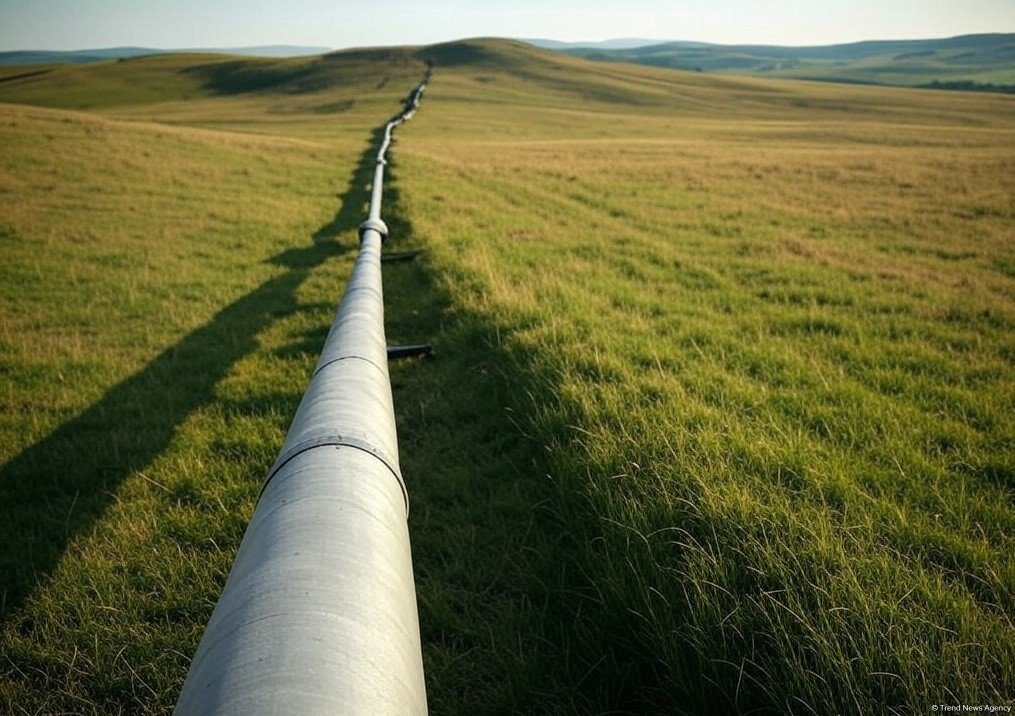BAKU, Azerbaijan, March 21. bp and Apollo today announced that they have reached agreements for Apollo managed funds to purchase a 25% non-controlling stake in BP Pipelines (TANAP) Ltd – bp TANAP – the bp subsidiary that holds bp’s 12% interest in TANAP, owner and operator of the pipeline that carries natural gas from Azerbaijan across Türkiye, Trend reports via bp.
Under the agreement, Apollo funds will purchase the non-controlling shareholding in bp TANAP for a consideration of approximately $1.0 billion. Proceeds arising from this transaction will contribute towards bp’s program for $20 billion in divestment and other proceeds.
While the deal enables bp to monetise its interest in TANAP, bp will remain the controlling shareholder of bp TANAP and retain a long-term commercial and strategic interest, including governance rights, in the pipeline - a vital part of the gas value chain for the bp-operated Shah Deniz gas field in Azerbaijan.
The transaction is anticipated to close in 2Q 2025, subject to regulatory and TANAP shareholders approvals.
TANAP transports gas from Stage 2 of Azerbaijan’s Shah Deniz field from the Georgian-Turkish border to Türkiye’s western border. The total cost of TANAP turned out to be lower than $7 billion.
The initial capacity of TANAP is 16 billion cubic meters of gas per year, with the possibility of expanding to 31 billion cubic meters per year in the future. Around six billion cubic meters of gas are delivered to Türkiye, while the rest of the volume is supplied to Europe.
The filling of the TANAP pipeline across Türkiye began in late January 2018.
A ceremony to launch Phase 0 of TANAP took place on June 12, 2018, in the Turkish city of Eskisehir. First commercial gas deliveries to Türkiye commenced on June 30, 2018. The opening ceremony of TANAP’s connecting with Europe took place on Nov. 30, 2019, in Ipsala town (Edirne province, Türkiye).
For expansion, it is necessary to add several additional compressor stations in order to achieve a throughput of 24 billion cubic meters per year. To achieve a capacity of 31 billion cubic meters, a total of seven compressor stations will be required.







